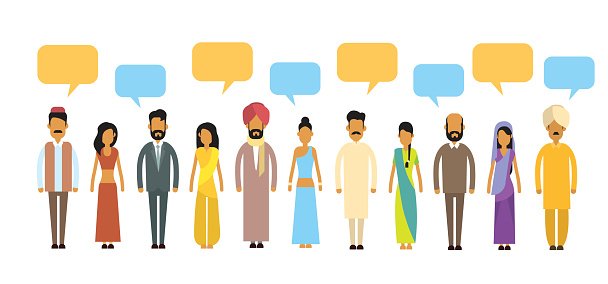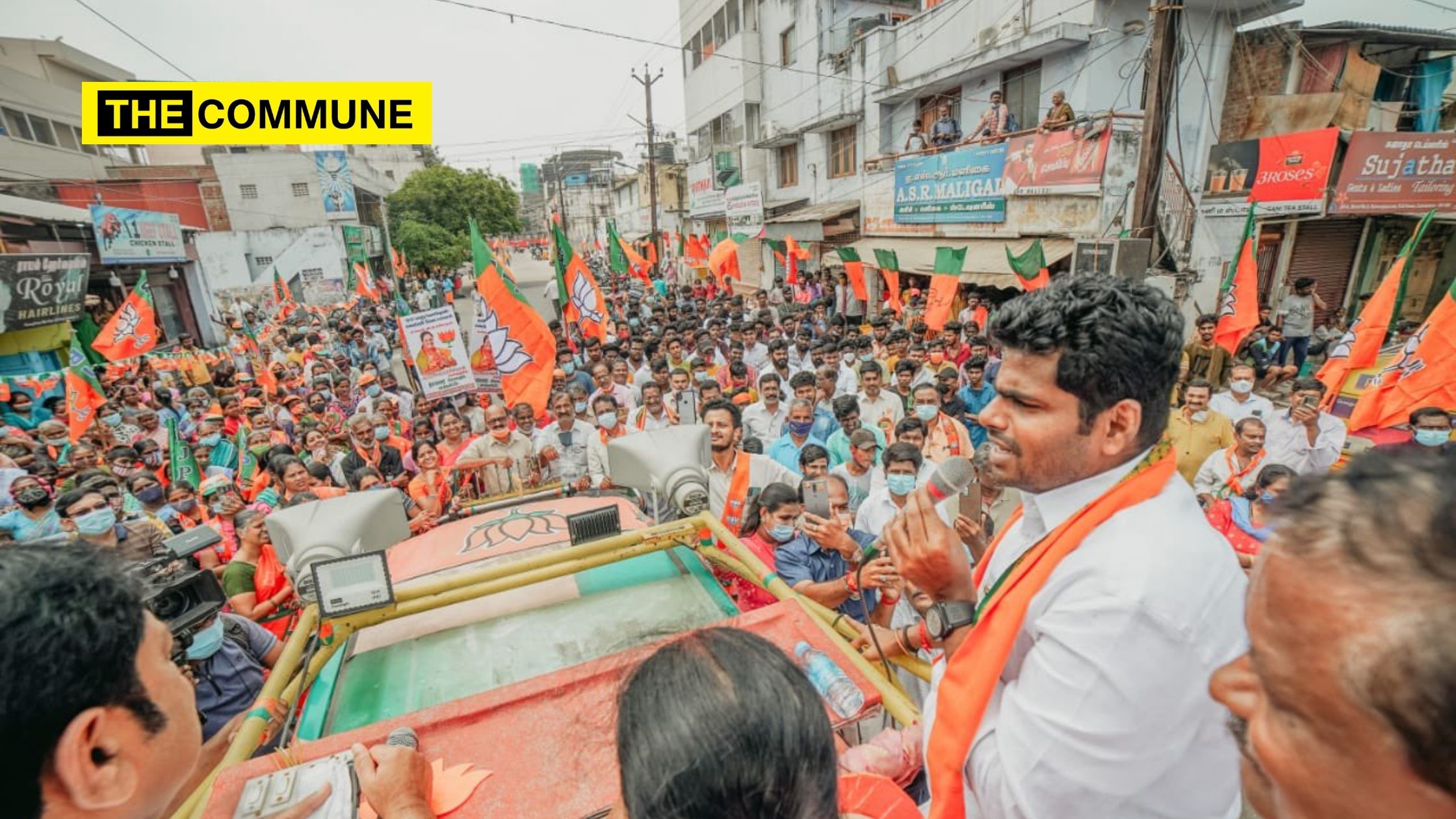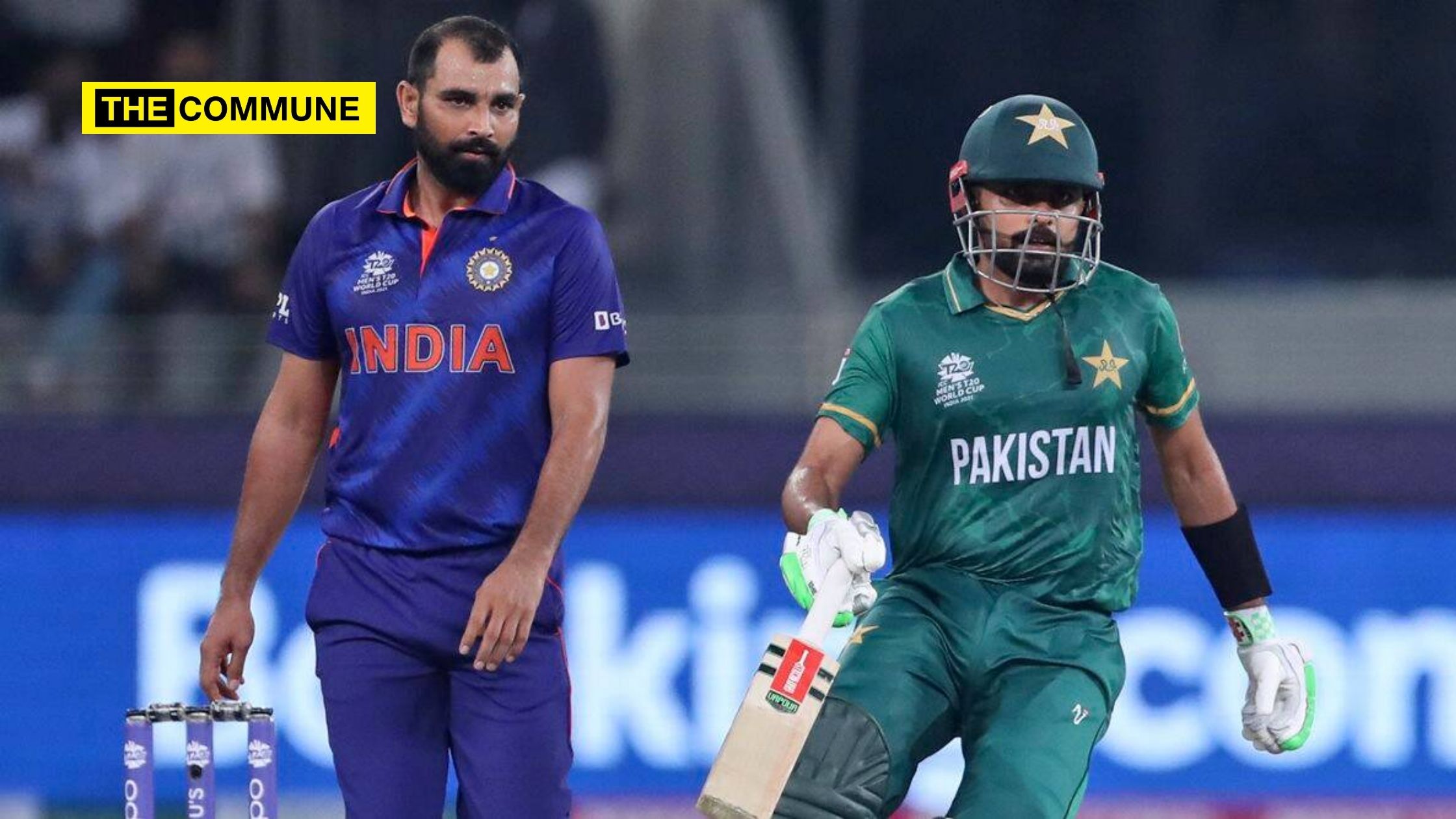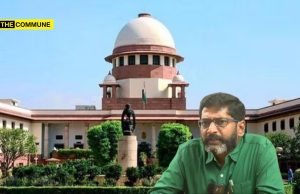
There used be a time when facebooking was fun. We used to login to facebook just to laugh at the creative memes, chit-chat with friends, read up on confessions page and call it a day!
But gone are those times. The world over social media is being used as a tool, more to polarize people on the lines of caste, creed, religion and language. Before the advent of social media, if anyone were to speak about ultra-radical ideas, people of her or his same grouping would just laugh it away. The problem now is, with the advent of social media, such radicalized people actually are able to network with people who have similar radical thoughts and so they get the conviction that “they aren’t alone in the fight”.
One of the classic cases of such social media driven polarization in Tamil Nadu is the emergence of the Naam Tamilar Katchi, which seeks to talk of a separate Tamil identity.
The only mainstream polarization which happened in Tamil Nadu, prior to the launch of this party, was one based on caste. Their targets were mostly the Brahmins, who were far outnumbered and anyway voiceless to put up any resistance. The lack of any resistance from the Brahmins has led to their targeting becoming more institutionalized in all spheres of life, be it politics,cinema,stand-up comedy and reality shows in TV.
Unforunately, linguistic minority groups are being targeted today on more or less the same lines. While Brahmins had the historical baggage of being oppressors, the linguistic minorities in the state have no such history of being oppressive or imposing their language on the native population, so to speak. They are in fact only so very keen to identify themselves as fellow Tamils and stand up for all Tamil rights issues.
The main tool of the Naam Tamilar Katchi seems to be the social media, where (mis)information spreads like wild fire. The party finds traction among the Tamil youth, especially in the rural areas, where social media is a more recent phenomenon.
The Naam Tamilar Katchi, very often trains its guns on all linguistic minorities in the state, but due to some reason, their main targets are the Telugus. Somehow, the cadres of the Naam Tamilar Katchi seem to believe that every problem in TN is a Telugu conspiracy.
The flimsy reason they give is that former DMK chief M.Karunanidhi, was a Telugu person.
They also claim that other political stalwarts like Vaiko, Vijayakanth are of Telugu origin. The leader of the party, Seeman, has somehow convinced his cadre that there has always been a Telugu conspiracy at play, for the past 400 years and that the naïve Tamils have been hoodwinked all along. Needless to say the Naam Tamilar cadres also believe in other famous conspiracy theories like the Illuminatis running the whole world.
In the year 2016,when general elections were announced for the state of TN,
Seeman thundered,
“This is not just an election. It is a war. A war between Tamils and the Dravidians.”
In other words, a war between Tamils and Telugus.
The party has a very strong presence in social media and regularly spreads hatred against the linguistic minorities. For a long time, many people were under the impression that this is just a fringe group, which is best ignored.
However, the mindset of their cadres towards other states and language is vicious to say the least. They threaten people of other states to either learn the language or ‘get out’ of the state or ‘go back’ to their native state.
All along, the party officially maintained that they only have issues with non-Tamils ruling the state, and that they had no issues with other linguistic groups settling down peacefully in the state. But the party and its cadres are turning out to be a menace for other linguistic minorities in Tamil Nadu.
While growing up as a young boy in Chennai, we never cared about what one spoke at home. All of us spoke in Tamil to each other, and we used to know their linguistic origins only if they spoke to their parents in their mother tongue. Even then, we never used to think of them as “others”. We only were keen to know the meaning of different words in their language.
But, the scene has changed quite a bit today. There are so many in social media calling my fellow Indians who speak a different language at home as “vandheris”-a Tamil word used condescendingly for migrants.
This trend was almost non-existent in Tamil Nadu before the likes of Seeman and another rabid demagogue Thirumurugan Gandhi picked it up, out of nowhere.
A Kannada friend of mine who lives in Theni district once told me that his ancestors migrated to Tamil Nadu during the Islamic invasion in Karnataka. Another batch migrated here as they were soldiers in the army of the famous Telugu King, Thirumalai Naicker. The previous generation used to learn in Tamil medium schools. He asks, “How can we be blamed for migrating here when all the regions were part of the same King?”
He went on to tell me about the links between the Vokkaliga Gowdas of Karnataka, the Gounders of Tamil Nadu, the Odia Goudas of Orissa and so on.
Another friend of mine who is Telugu said “I don’t know to read or write Telugu. I speak Tamil better than Telugu. When states were re-organized on linguistic basis, Chennai, which is a bordering district was assigned to Tamil Nadu. Before that, we were all part of a Single Madras Presidency. Now, how can we be faulted for this?”
Let us put things in perspective here. Around 19,500 languages/dialects are spoken in India. Of these 121 are spoken by over 10.000 people. About 96.71 percent of the total population has one of the 22 scheduled languages as their mother tongue. With this being a case, any person who divides Indians on the basis of language will surely have an ulterior motive.
I call upon the wise people of my state to reject such divisive elements, and catch onto things that unite us, rather than those which divide.
Else we are looking at a very scary picture, where the targeting of linguistic minorities becomes more institutionalized.
Let us take inspirations from the below words of the Tamil poet Bharathiyar and foster a feeling of unity among our fellow Indians.
“சிந்து நதியின் மிசை நிலவினிலே,
சேரநன்னாட்டிளம் பெண்களுடனே,
சுந்தரத் தெலுங்கினில் பாட்டிசைத்து,
தோணிகளோட்டி விளையாடி வருவோம்.”
“Sindhu nadhiyin misai nilavinile,
chera nannaattilam pengaludane,
sundara thelunginil paattisaithu,
thonigal otti vilaiyaadi varuvom”
“Basking in the moonlight along the banks of the Sindhu river,
along with the youthful women from the fine country of the Cheras(present day TN and Kerala),
composing and singing songs in the beautiful Telugu language,
lets row our boats and merrily play together.”




